Energy case studies
Energy case studies
Energy Leeds members are conducting vital research to solve some of the 21st century’s most pressing challenges, collaborating with local and international partners in industry, policy and academia.
Read our case studies to find out more about energy research at the University of Leeds.
-
Encouraging democratic citizen engagement in climate change solutions
Trialling innovative digital approaches to citizen engagement in climate action.

-
Do livestock farms hold potential as hydrogen generators?
Discover how the H2Boost project is scoping the development of commercially viable technologies to produce biohydrogen as fuel from a range of organic wastes across the UK, including farm waste.
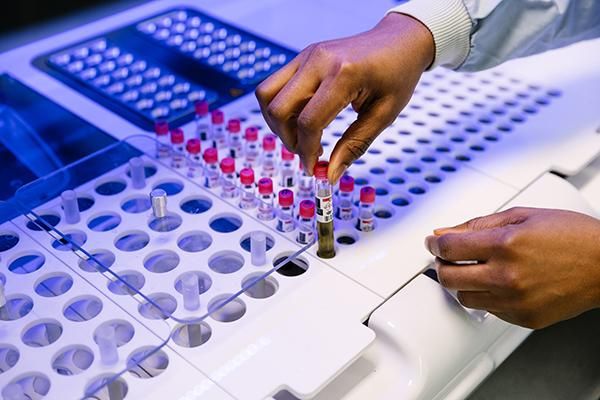
-
Pioneering bond enables solar panel project
An innovative new bond is helping to finance renewable energy infrastructure across the UK.
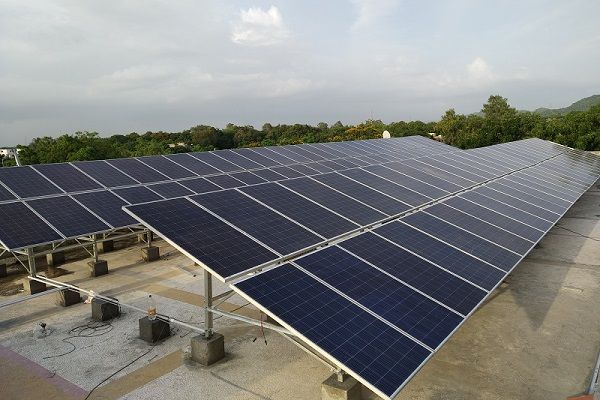
-
A smart approach to baking bread
Using advanced sensing and complex algorithms to optimise manufacturing processes.
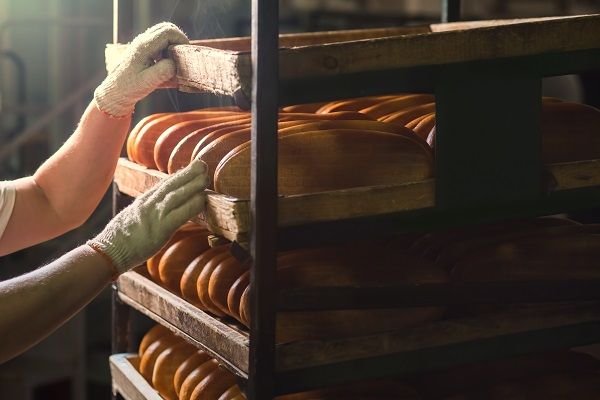
-
Bioenergy: turning a pest into energy
Water hyacinth is an aquatic plant that has become invasive in many countries across the world, but our research aims to solve this problem by turning a pest into a source of energy.

-
Easing the pressure on nuclear waste
The Sludge Centre of Expertise brings together the University of Leeds and Sellafield to deal with the challenge of safely managing nuclear waste created by the UK’s nuclear power programme.
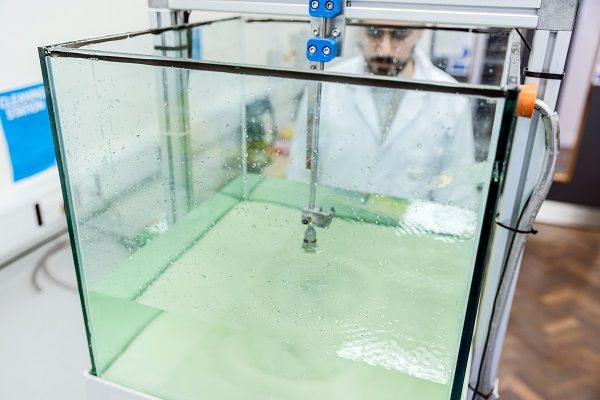
-
Hydrogen production from green ammonia and biogas
Research has demonstrated an innovative process for producing hydrogen at anaerobic digestion plants using feedstocks such as food and agricultural wastes or sewage sludge.
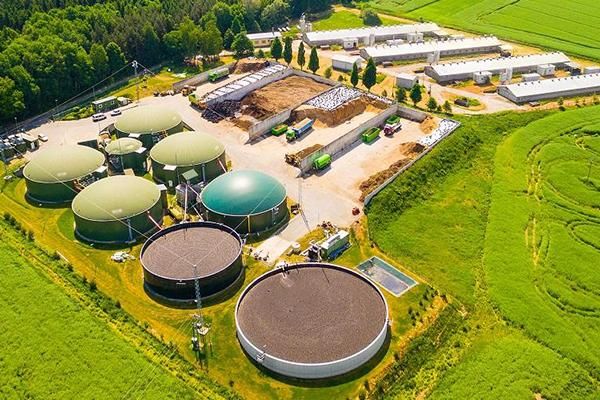
-
The reality of life in fuel poverty
When the Scottish Government passed its Fuel Poverty Act in 2018, it became the first in the world to enshrine in law the duty to develop policy by researching people’s lived experience of the issue.

-
Glass in the machine
Eliminating friction in engines could save up to nine per cent of global fuel consumption. Researchers are working on producing ultra-thin films that protect engines’ moving parts and reduce friction.
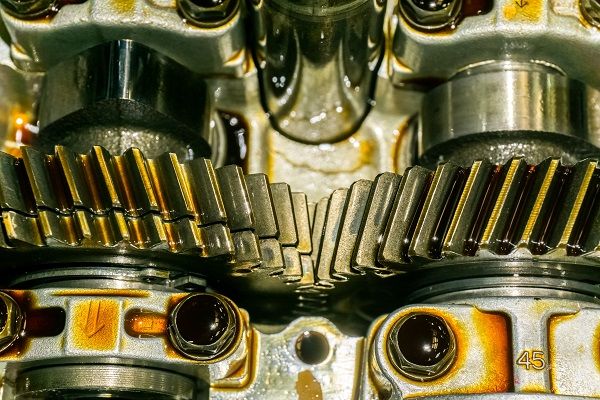
-
Neither coal, nor gas, but hydrogen
Using hydrogen in coal-effect domestic gas fires.
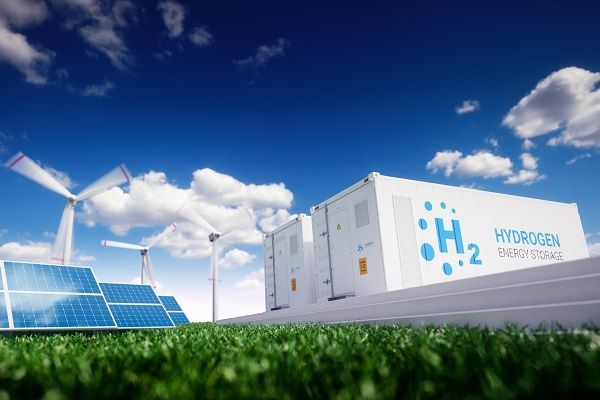
-
Taking the carbon out of transport
Supporting local transport planning decisions.
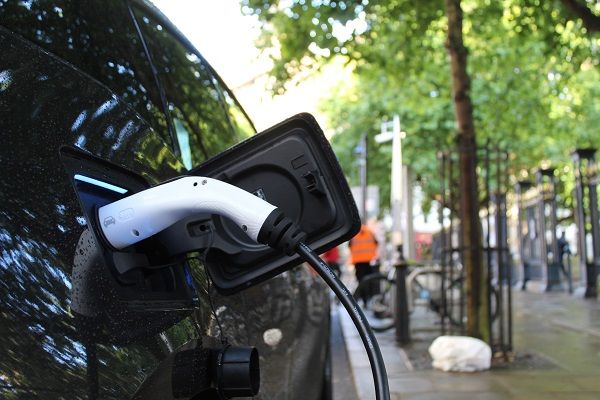
-
Helping the UK's progress towards carbon targets
Producing the UK's national data on consumption based carbon emissions.












